Propel provides innovative insurance solutions to thousands of companies across the country. We make it our business to know your world inside and out.
Claims & Risk Management, Small Business
Are you Properly Controlling your Liquor Liability?
Licensing & Employee Training
A company hosts an event at your establishment and alcohol is served. One of the attendees overindulges, gets in his or her car, and drives straight into oncoming traffic on the highway, killing a family of four. The surviving relatives sue for damages, naming everyone connected to the event in the suit, including your facility. How do you avoid a tragedy such as this?
When it comes to liquor sales, every brewpub, winery, hotel, restaurant, lounge, hospitality establishment must follow state and federal laws. Because laws differ from state to state, businesses must follow individual liquor laws.
Intent of the law
“The Dram Shop Act is intended to place responsibility for damages caused by intoxicants on those how profit from the sale of alcohol… (And) to protect the health, safety, and welfare of the people from the dangers of traffic in liquor.”
- The term “Dram Shop” comes from the 18th century businesses in England that sold gin by the spoonful, called a dram.
- Dram shop laws hold retail and hospitality establishments accountable for any harm—death, injury, or other damages—caused by an intoxicated patron.
Licensing
Each establishment must be licensed to sell and serve alcohol.
- Licenses should be renewed and displayed appropriately.
- Display proper signage. Signs displaying responsible drinking information, the establishment’s policies, and all legal information must be clearly posted.
Make Sure Your Vendors are licensed and insured
If you hire a vendor to sell or serve alcohol for your event, make sure that the vendor is compliant with state and local licensing and insurance regulations.
Employment Practices
Do background checks, run motor vehicle reports and check references on hew hires to determine whether there are any?
- Past alcohol offenses.
- Previous serving responsibilities.
Ensure Employee Training
All employees who serve alcoholic beverages must successfully complete an alcohol server training course before serving. Different states may have different laws or recognize various other agencies or sources or training/certification.
Critical Parts of Alcohol Server Training
- Properly checking customer id and recognizing false id.
- Recognizing when someone appears to be purchasing alcohol for minors.
- Recognizing signs of intoxication or alcohol impairment.
- Identifying situations that are likely to escalate or lead to extreme intoxication.
- Diplomatically refusing to sell to minors and intoxicated persons, and identifying when circumstances are questionable.
- Training records.
- Maintain records, including copies of certificates of the training and date completed for each employee.
- Ensure that all employees complete training within the time frames specified above.
Procedures for Serving-Basic Serving Policy
Alcoholic beverages may not be served at any time by any employee or manager of an insured to any individual:
- Who is under 21 years of age?
- Who shows signs of being intoxicated, or
- Who is at a point where he or she is likely to become intoxicated?
Consumption of alcoholic beverages by any employee or manager while working is not permitted.
Service of alcoholic beverages by a server who is intoxicated is prohibited.
To avoid incidents, employees should be able to provide:
- Nonalcoholic drinks and food.
- A telephone for contacting a taxi service if a customer is too intoxicated to drive.
Recording Incidents
Keep a log whenever any of the following occur.
- Identification is not accepted.
- Service is refused or stopped.
- When alternative transportation is offered.
- Any violent action by anyone.
- When police are called to come to the premises.
- Any situation where the manager believes a record may be of value for future reference.
For more information, contact any of us at Propel.
Originally published in Oregon Beer Growler Magazine, July 2014
Jason Jordan
As a classically trained chef and insurance expert in the craft beverage industry, Jason has honed his palate for flavors as well as his skills in risk assessment. And he prides himself on his expertise in delivering the quality of service and knowledge, carefully crafted and tested over time, that his clients expect and deserve.
More about Jason...


